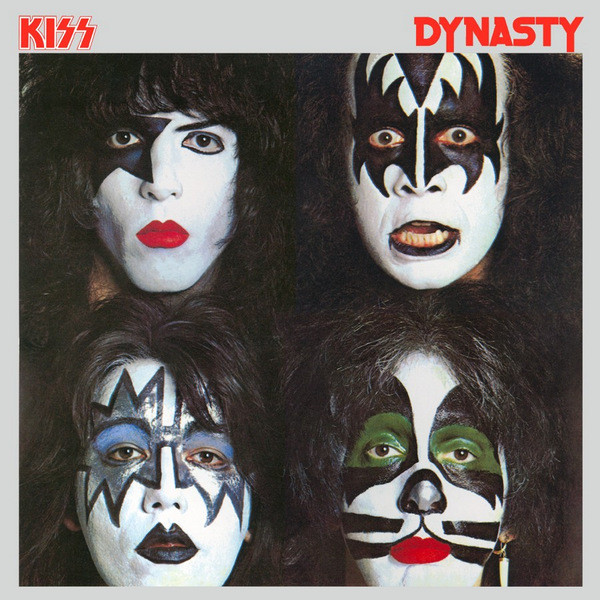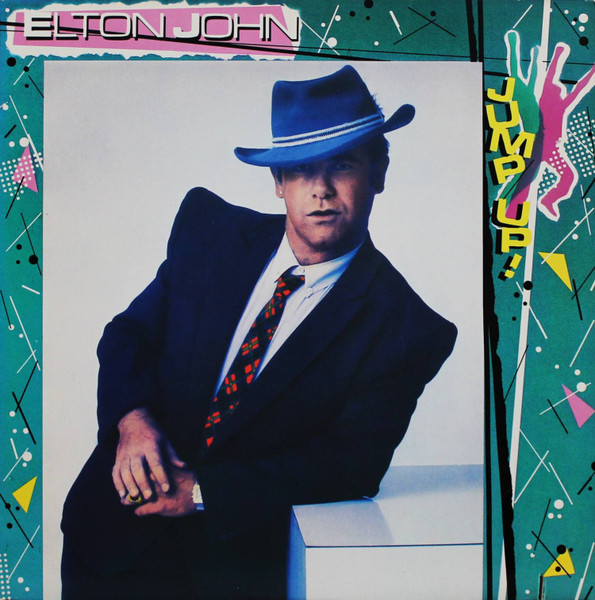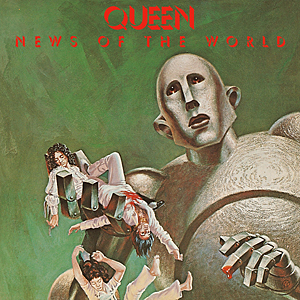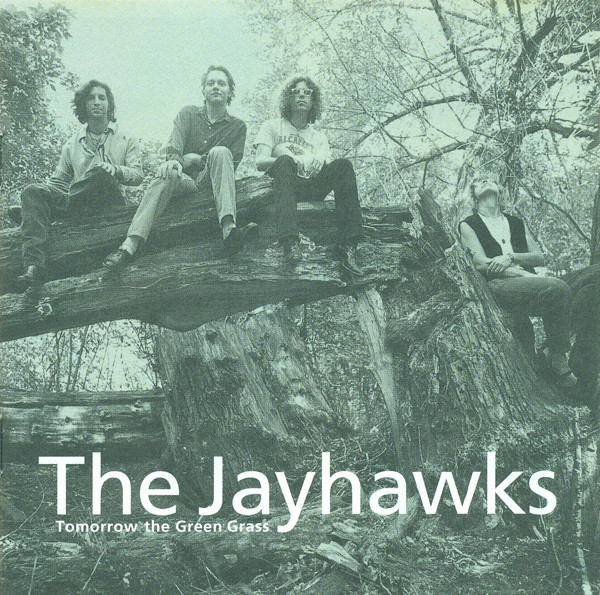
In October 1980, the Dead played two major residencies—first at the Warfield Theater in San Francisco, and then at Radio City Music Hall in New York City, with a stop in New Orleans in between. They intended to get a live album out of it, but ended up with so much material that they didn’t know what to leave out. Arista allowed them to put out two distinct albums that year—one focusing on the seated acoustic sets, the other more electric.
Reckoning was the acoustic album, extending the mood of side one of Bear’s Choice across four sides, except there’s no Pigpen and Brent’s playing piano (and harpsichord on “China Doll”). Like that album, the song choices are more laid back, whether their own tunes or covers. These include “The Race Is On”, made famous by George Jones, Jesse Fuller’s “Monkey And The Engineer”, old folk tunes like “Oh Babe It Ain’t No Lie”, “Jack-A-Roe”, and the traditional “On The Road Again”, and repeats of “Dark Hollow” and “Been All Around This World”. “It Must Have Been The Roses”, “To Lay Me Down”, and “Bird Song” had already been claimed as Dead fodder from Jerry’s solo albums and are very welcome here, as was Bob’s “Cassidy”.
The first CD version of the album was for some reason titled For The Faithful… and left off “Oh Babe It Ain’t No Lie” so it would all fit onto a single disc; this was not rectified for 25 years, when the original sequence was restored, along with a full second disc of additional material. Granted, eight of these were songs already on the original, “To Lay Me Down” was a studio rehearsal, and “Deep Elem Blues” (along with “Tom Dooley”) was from two years earlier, but still, this was generous. Of the “new” material, “Iko Iko” would become a staple, Bobby’s “Heaven Help The Fool” (played instrumental) and “Sage And Spirit” (already instrumental) were rare airings; he’d been singing “El Paso” for years.
 Four months later, Dead Set was the “electric” album, and while it sported a way cooler cover, it struggled to display the excitement of the band at full throttle. As they hadn’t learned with Steal Your Face, vinyl limitations dictated shorter songs and edits, so the lengthy jams of legend aren’t captured here. In fact, the run from “Rhythm Devils” (aka “Drums”) through “Space” (née “Feedback”) to “Fire On The Mountain” is split between sides.
Four months later, Dead Set was the “electric” album, and while it sported a way cooler cover, it struggled to display the excitement of the band at full throttle. As they hadn’t learned with Steal Your Face, vinyl limitations dictated shorter songs and edits, so the lengthy jams of legend aren’t captured here. In fact, the run from “Rhythm Devils” (aka “Drums”) through “Space” (née “Feedback”) to “Fire On The Mountain” is split between sides.
Plugging in the songs didn’t necessarily make them faster, but there’s a lot more room for soloing. “Samson And Delilah” has the energy but none of the disco trappings, but “Friend Of The Devil” is taken at about one third the original speed. Most of the tunes were staples, as were “Deal” and “Loser” are taken from Jerry’s first solo album and “The Greatest Story Ever Told” from Bobby’s. The only real rarity per se is a slog through “Little Red Rooster”.
As with its sibling, Dead Set was also truncated on CD by omitting “Space”, which was restored when the album was expanded in 2006. The bonus disc consisted of mostly longer performances, which helped make up for the edits left intact on the original album. We get to hear them stretch more; by now Bobby had started singing “C.C. Rider”, plus the band had taken on “Lazy Lightning” and “Supplication” from the Kingfish album. “Shakedown Street” is still a matter of personal taste, but “Not Fade Away” doesn’t need to be so slow for Jerry to wail. Besides, it fades out the disc.
In addition to these albums, a video compilation from the Radio City shows called Dead Ahead was available on VHS (and laserdisc!); this was later reissued on DVD with another 50 minutes of material. Altogether they provided a glimpse at what the band was all about on the cusp of the ‘80s, and the new guy was fitting in pretty well. Beyond that, these would be the last new albums by the Grateful Dead for another six years.
Grateful Dead Reckoning (1981)—3½
2006 expanded CD: same as 1981, plus 16 extra tracks
Grateful Dead Dead Set (1981)—3
2006 expanded CD: same as 1981, plus 10 extra tracks
Archival releases of same vintage:
• Download Series Volume 7 (2005)
• Dave's Picks Volume 8 (2013)
• 30 Trips Around The Sun: The Definitive Live Story 1965-1995 (2015)
• The Warfield, San Francisco, California, October 9 & 10, 1980 (2019)
• Enjoying The Ride (2025)
 The standard joke is that Bob Dylan’s songs are always better when somebody else sings them. We know that’s not always true, but every now and then a voice comes along to help the medicine go down more easily. Emma Swift has one of those voices, a smooth alto with country tinges. Throughout Blonde On The Tracks she applies it to Dylan’s lyrics while staying true to the original melodies.
The standard joke is that Bob Dylan’s songs are always better when somebody else sings them. We know that’s not always true, but every now and then a voice comes along to help the medicine go down more easily. Emma Swift has one of those voices, a smooth alto with country tinges. Throughout Blonde On The Tracks she applies it to Dylan’s lyrics while staying true to the original melodies. 




